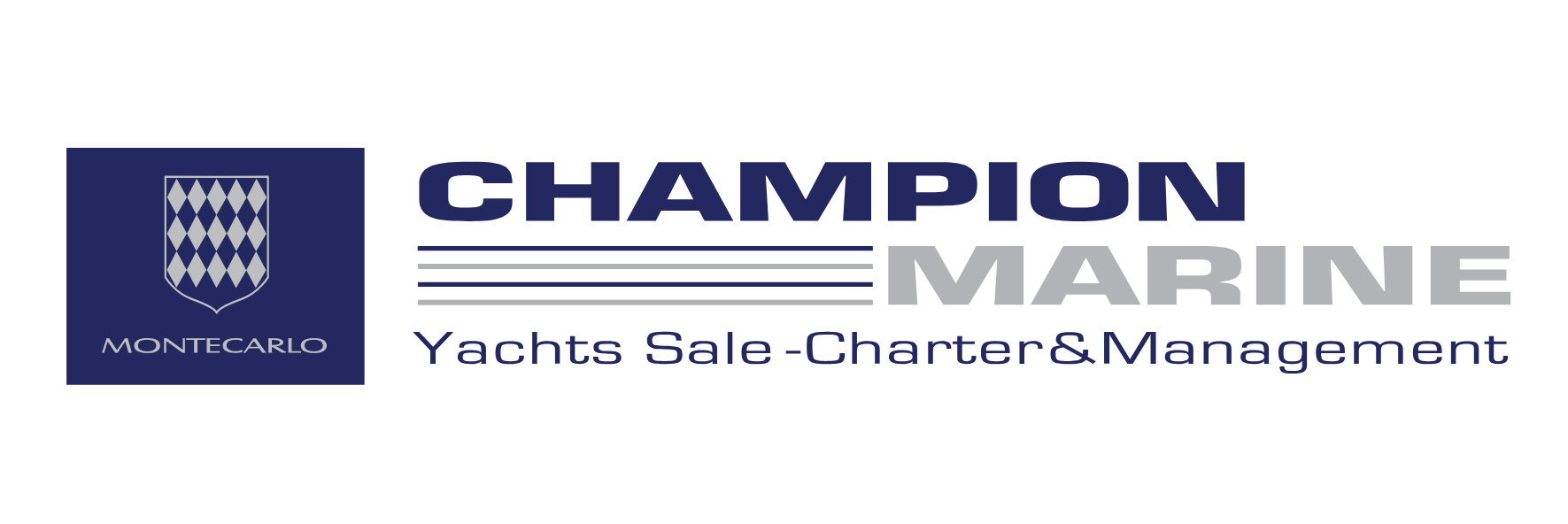Storing your yacht in winter: common mistakes to avoid
Wintering, a key step in preserving your yacht
As the sailing season draws to a close, the issue of winter storage for your yacht becomes crucial. If done incorrectly, winter storage can lead to costly damage, both aesthetically and mechanically. In Monaco, where yachts are exposed to salty air and humidity, it's essential to follow strict protocols to ensure the longevity of your vessel.
Champion Marine, with its expertise from nautical competition and private fleet management, shares here the most common mistakes to avoid for a winter storage without unpleasant surprises.
Common mistakes to avoid when winterizing
1. Not cleaning the yacht completely before storage
Many owners neglect this essential step. Salt residue, algae, dirt, or fuel can cause corrosion, mold, and persistent odors if the cleaning is incomplete. It is imperative to wash the hull, deck, cabins, water systems, and tanks before putting the boat away.
2. Leave the batteries connected without maintenance
A battery left connected can become completely discharged or damaged. It is recommended to disconnect it or use a trickle charger. Regular monitoring is also recommended during the winter, especially when stored outdoors.
3. Neglecting indoor ventilation
Condensation, mold, and unpleasant odors are the silent enemies of winter storage. Opening closets, installing dehumidifiers, and regularly airing the interior can help prevent these unpleasant effects.
4. Forgetting to address fluids and mechanical systems
Tanks, engines, and water lines must be flushed or treated with specific products. Leaving standing water or aging fuel can damage the system or cause harmful deposits to appear when restarting.
5. Choosing an unsuitable storage location
Choosing a storage site is strategic. A location that is too exposed to the elements, poorly secured, or unsuitable for the yacht's size can cause more harm than good. Monaco and its surrounding areas have suitable infrastructure, including covered hangars and protected marina areas.
Champion Marine's advice for successful wintering
With its experience in managing high-performance yachts, Champion Marine advocates a proactive and methodical approach:
- Establish a wintering schedule ahead of the season
- Plan a complete technical inspection before putting to rest
- Implement a monitoring plan during the winter
- Document each step (photos, records, dates) to ensure an optimal restart
These practices not only help preserve the value of the yacht, but also save time and avoid unforeseen events when it comes to returning to sea.
Conclusion
Storing your yacht during the winter requires method, foresight, and diligence. By avoiding common mistakes and following professional advice, you can ensure a smooth return to the season. With its expertise derived from yacht racing and its roots in Monaco, Champion Marine will guide you through every step of the winter storage process, ensuring your boat remains high-performance and ready to sail at any time.

